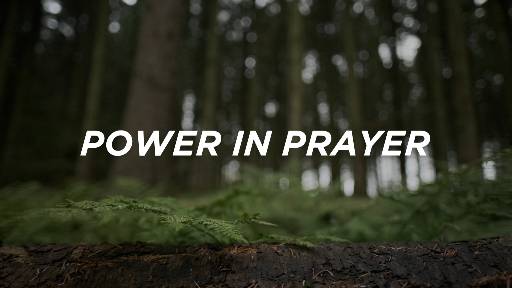-
The First Hand Witnesses
Contributed by Samuel Stone on Nov 28, 2017 (message contributor)
Summary: Learning from the first hand witnesses
2 On the third day there was a wedding in Cana of Galilee, and the mother of Jesus was there. 2 Jesus and his disciples had also been invited to the wedding. 3 When the wine gave out, the mother of Jesus said to him, “They have no wine.” 4 And Jesus said to her, “Woman, what concern is that to you and to me? My hour has not yet come.” 5 His mother said to the servants, “Do whatever he tells you.” 6 Now standing there were six stone water jars for the Jewish rites of purification, each holding twenty or thirty gallons. 7 Jesus said to them, “Fill the jars with water.” And they filled them up to the brim. 8 He said to them, “Now draw some out, and take it to the chief steward.” So they took it. 9 When the steward tasted the water that had become wine, and did not know where it came from (though the servants who had drawn the water knew), the steward called the bridegroom 10 and said to him, “Everyone serves the good wine first, and then the inferior wine after the guests have become drunk. But you have kept the good wine until now.” 11 Jesus did this, the first of his signs, in Cana of Galilee, and revealed his glory; and his disciples believed in him.
This miracle of Jesus turning water into wine is sound very odd on the surface because most miracles have to do with Jesus meeting a desperate need, such as blindness, illness, disability, and hunger of a large crowd. But this one has to do with wine at a wedding, which seems to be a luxury item.
First, we need to understand the cultural setting. The Jewish wedding feast usually lasts seven days, and wine is a must in a wedding party. It is a major embarrassment for the host to run out of wine during the feast and in some cases the local authority could even fine the family for their disorderly conduct.
I grew up among the Yunnanese Chinese—the type of Chinese from the Yunnan Province—and their wedding usually lasts three days. They can get permission to block the entire section of the street to pitch a large tend on the road; pretty much looking like a block party. The actually wedding day is the middle day. On the first day, most of the long distance guests arrive and it is a joyous occasion for family and friends reunion. The next day the wedding ceremony takes place and the evening banquet is the main banquet and alcohol is generously served. If you can only come to one meal, this is the main one. The third day is the clean up day, where people come to eat the leftovers and help clean up.
My own wedding, however, didn’t last three days because my family is a little more modernized. I asked my uncle to officiate the wedding since he is the minister in the family and the priority goes to him. He said he would do it under one condition, that we must not serve any liquor. We agree, but at the last moment, he told us that he rather not officiate the wedding because he thought it was awkward to do it for his own relative, so we asked another minister.
But, the wedding we as planned and there was no liquor served. Some of the guest started to complain, saying, "How could a wedding be a wedding without liquor?" So after the banquet, I took them to a hotel restaurant and let them drink to their satisfaction.
The reason I am telling you this is because in some culture wine is a must in a wedding banquet and the guests would take offense without it.
This is the situation Jesus’ mother, Mary, is concern about in this story. It could be a wedding of a relative or a close friend because she must be helping out taking a major responsibility in order to know what’s happening in the back. Even the head waiter didn’t know the situation based on verse 10.
Secondly, we need to understand John as the author. John is very selective in including the miracles in his gospel. There are only seven miracles recorded in the gospel according to John, and this is the first one. That means John regard this miracle as an important one. The reason is this is a miracle that tells the story of God’s grace through Jesus Christ. John started by telling that it was on the third day, which indicates the grace of God revealed later on the third day after the crucifixion.
Let us look at the practical lessons from this passage.
1 – Tell God Your Concern
3 When the wine gave out, the mother of Jesus said to him, “They have no wine.” 4 And Jesus said to her, “Woman, what concern is that to you and to me? My hour has not yet come.”

 Sermon Central
Sermon Central


